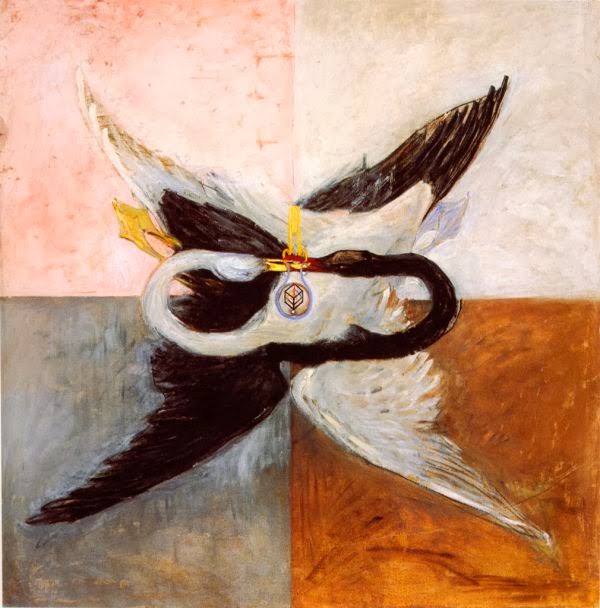A dance with Macbeth
Life's but a walking shadow, a poor player That struts and frets his hour upon the stage And then is heard no more: it is a tale Told by an idiot, full of sound and fury Signifying nothing. Macbeth is sad in the end of Shakespeare's tragedy. In the beginning he has been fooled by the witches. They promised him that he should become the king of Scotland, and he then figured out how to let it be a reality. But all in vain - in the end Lady Macbeth has killed herself. Shakespeare himself lived another life. When he got older he moved back to Stratford upon Avon, the little town where he was born. Away from the busy London, away from fame and the pleasures of a big city. Maybe he was fed up with this. His circle was completed and soon after he died. I will hope his last years were good ones. He had seen many famous people fall, even kings. Even today people struggle and fall, but if you don't look for success you don't have to fall from
.jpg)
